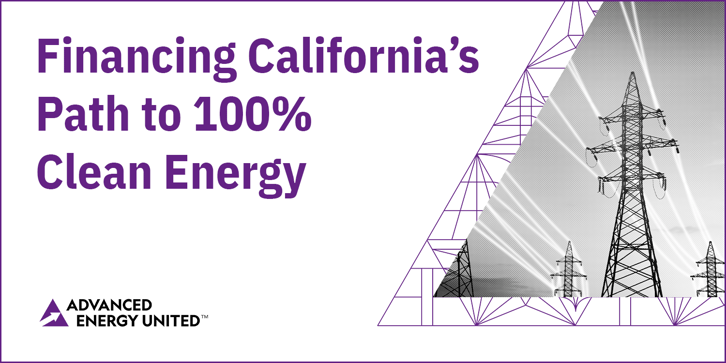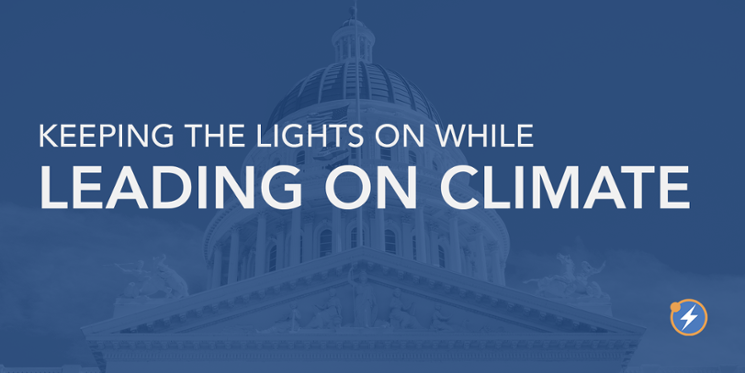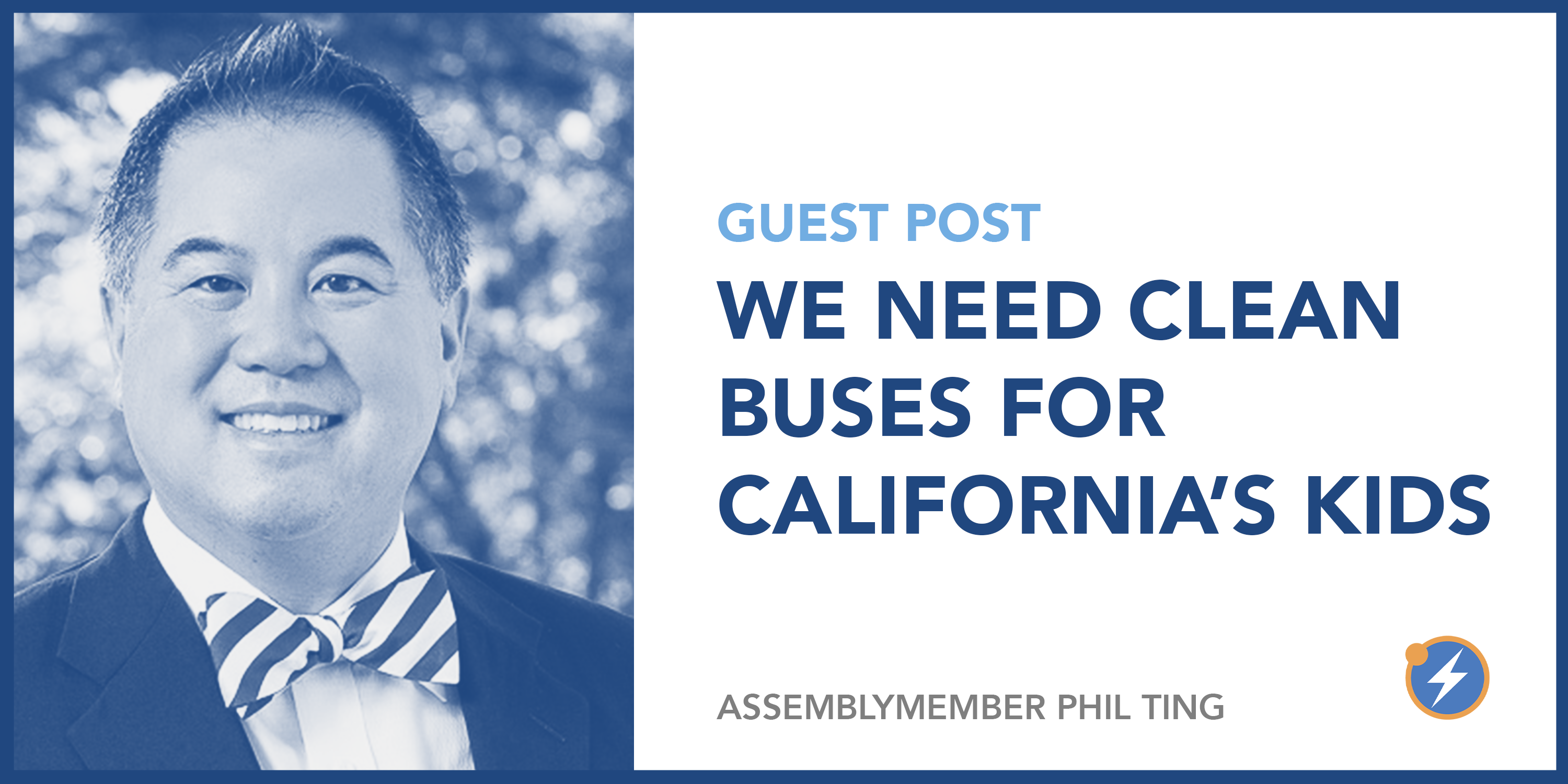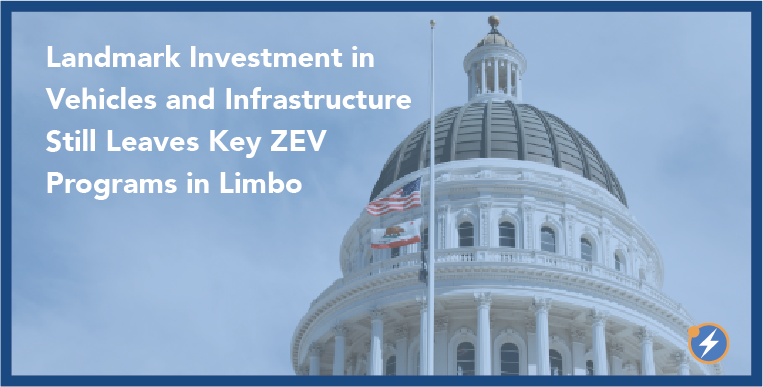
As California moves toward a clean energy future, its demand for electricity is surging, fueled by the rapid electrification of homes, vehicles, and businesses across the state. The California Air Resources Board (CARB) estimates that electricity demand could increase by 76% by 2045 (relative to 2022), making expansion of the state’s transmission infrastructure crucial to keeping the lights on. At the same time, climate-related threats—such as wildfires, extreme heat, and severe weather events—are increasingly straining the grid, further highlighting the urgent need for modern and resilient transmission infrastructure. However, California is already grappling with an energy affordability crisis, and new transmission investments come with significant costs. To meet the state’s clean energy and reliability goals without further burdening ratepayers, innovative financing solutions will be critical.
Net-Zero California’s (NZC’s) and Clean Air Task Force’s (CATF’s) timely report, Wired for Savings: Evaluating the Impact of Alternative Transmission Financing and Development Models on California Ratepayers, explores alternative transmission financing and development models and their impacts on consumers. The results show potential for substantial ratepayer savings of up to $3 billion per year, or about $123 billion over 40 years, to the extent that this infrastructure is financed and developed through public-private partnerships.



